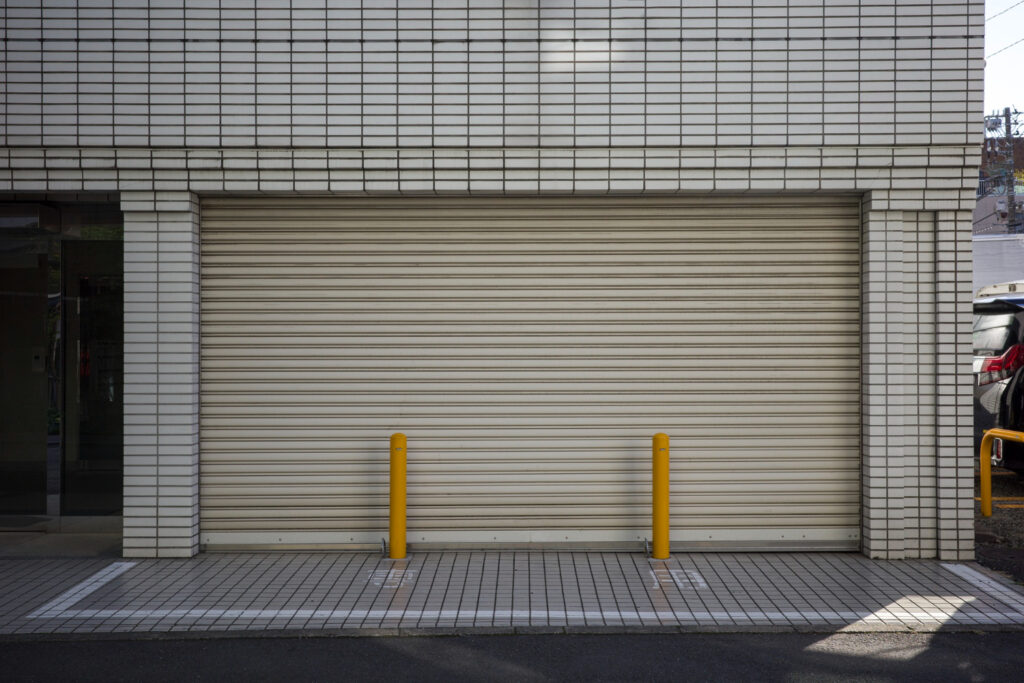When it comes to enhancing your home’s functionality and curb appeal, few upgrades can match the impact of a new garage door. Whether you’rereplacing an old door or installing one for the first time, selecting the right garage door requires careful thought and consideration.
In this comprehensive guide, we delve into the crucial factors to remember before purchasing. From materials and styles to security features and insulation, we cover everything you need to know to make an informed decision.
Understanding Your Garage Door Needs
Before diving into the specifics, assessing your unique requirements is essential. Consider the following questions:
- What is the primary use of your garage?
- Do you need insulation for temperature control?
- How important are aesthetics and design?
- What is your budget?
Answering these questions will help narrow your options and focus on doors meeting your criteria.
Types of Garage Doors
Sectional Garage Doors
Sectional garage doors are made up of panel sections connected with hinges. They open vertically, sliding upwards and then back along the ceiling. This type of door is popular due to its durability, ease of operation, and space-saving design.
Roll-Up Garage Doors
Roll-up doors are typically used in commercial settings but can be an excellent option for residential properties with limited ceiling space. These doors roll up into a coil above the opening, offering exceptional durability and security.
Side-Hinged Garage Doors
Side-hinged doors swing open and closed from a hinged frame on either side of the opening. They provide a traditional look and are ideal for garages that require frequent pedestrian access.
Tilt-Up/Up-and-Over Garage Doors
Tilt-up doors are one solid piece and operate by tilting out and up, sliding along the garage ceiling. While they offer a sleek appearance, they require more clearance to operate.
Materials Matter
Steel Garage Doors
Steel is famous for its strength, durability, and low maintenance. Steel doors can be insulated or non-insulated and are available in various styles and finishes.
Aluminum Garage Doors
Aluminum doors are lightweight and resistant to corrosion, making them suitable for humid environments. They can be designed with glass panels for a modern look but may not be as durable as steel doors.
Wood Garage Doors
Wood offers a timeless and classic appeal, with custom designs and finish options. However, wooden doors require regular maintenance to prevent warping and deterioration.
Composite Wood Garage Doors
Composite wood doors provide the aesthetic of natural wood without the high maintenance. They are durable, resistant to rot and splitting, and often more affordable than solid wood doors.
Fiberglass Garage Doors
Fiberglass doors are lightweight and resistant to dents and corrosion. They can mimic the look of wood and are well-suited for coastal areas due to their resilience against saltwater.
Insulation and Energy Efficiency
Insulated garage doors are essential for improving energy efficiency, especially if your garage is attached to your home. Insulation helps regulate the temperature inside the garage, reducing energy costs and providing a more comfortable environment. The two main types of insulation used in garage doors are:
- Polystyrene Insulation: Provides a decent R-value and is more affordable.
- Polyurethane Insulation: Offers a higher R-value and superior insulation properties, creating a quieter and more energy-efficient door.
Security Features
Security is a paramount concern for any homeowner. Modern garage doors come equipped with various security features to protect your property:
- Rolling Code Technology: Changes the access code each time the remote is used, preventing code theft.
- Motion Detection Lights: Automatically illuminates the area when motion is detected, deterring potential intruders.
- Innovative Garage Door Openers: You can remotely monitor and control your garage door via a smartphone app.
Design and Aesthetic Appeal
The appearance of your garage door can significantly impact your home’s curb appeal. Consider the architectural style of your home and choose a door that complements it. Many manufacturers offer customization options, including:
- Window Inserts: Add natural light and enhance the design.
- Decorative Hardware, Such as handles and hinges, to give a more rustic or carriage-house look.
- Color and Finish Options: From natural wood stains to bold painted finishes.
Professional Installation and Maintenance
While some homeowners may opt for DIY installation, hiring a professional is generally recommended. Proper installation ensures the door operates safely and efficiently. Regular maintenance, such as lubricating moving parts, checking the balance, and inspecting the weatherstripping, can extend the life of your garage door and prevent costly repairs.
Cost Considerations
Garage door prices vary widely based on material, design, insulation, and additional features. It’s essential to balance quality with your budget. Investing in a higher-quality door can save money in the long run by reducing maintenance costs and improving energy efficiency.
Conclusion
Choosing the right garage door involves a blend of functionality, aesthetics, and security. By understanding the different types of doors, materials, insulation options, and security features, you can make an informed decision that enhances your home’s value and curb appeal.




